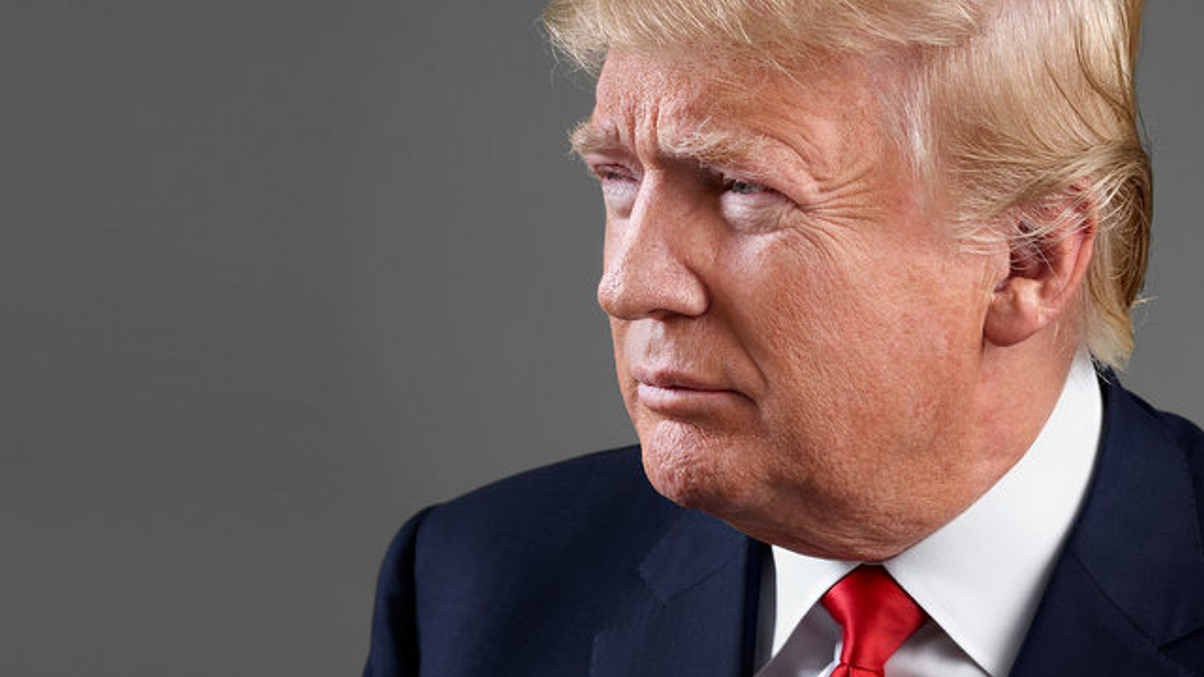India seen as most Trump-proof economy in Asia
Market experts point to premier Narendra Modi's reform progress, and the country's swift growth and thriving private sector, among other factors. They are rather less keen on China.

While Asia face big downside risks in the coming year, India is seen as the country best able to cope with a more protectionist US under Donald Trump, argue macroeconomic experts.
Sign in to read on!
Registered users get 2 free articles in 30 days.
Subscribers have full unlimited access to AsianInvestor
Not signed up? New users get 2 free articles per month, plus a 7-day unlimited free trial.
¬ Haymarket Media Limited. All rights reserved.


